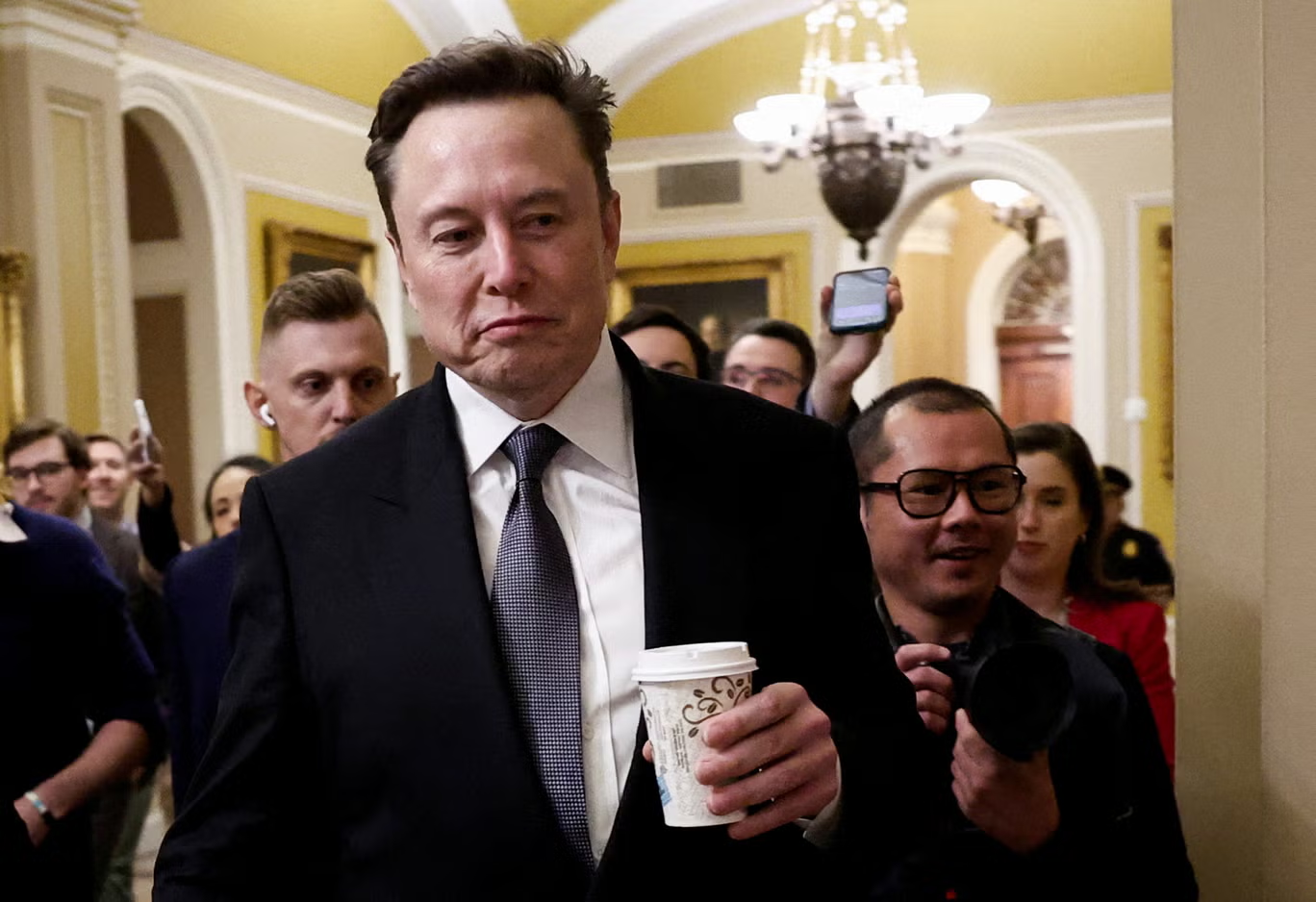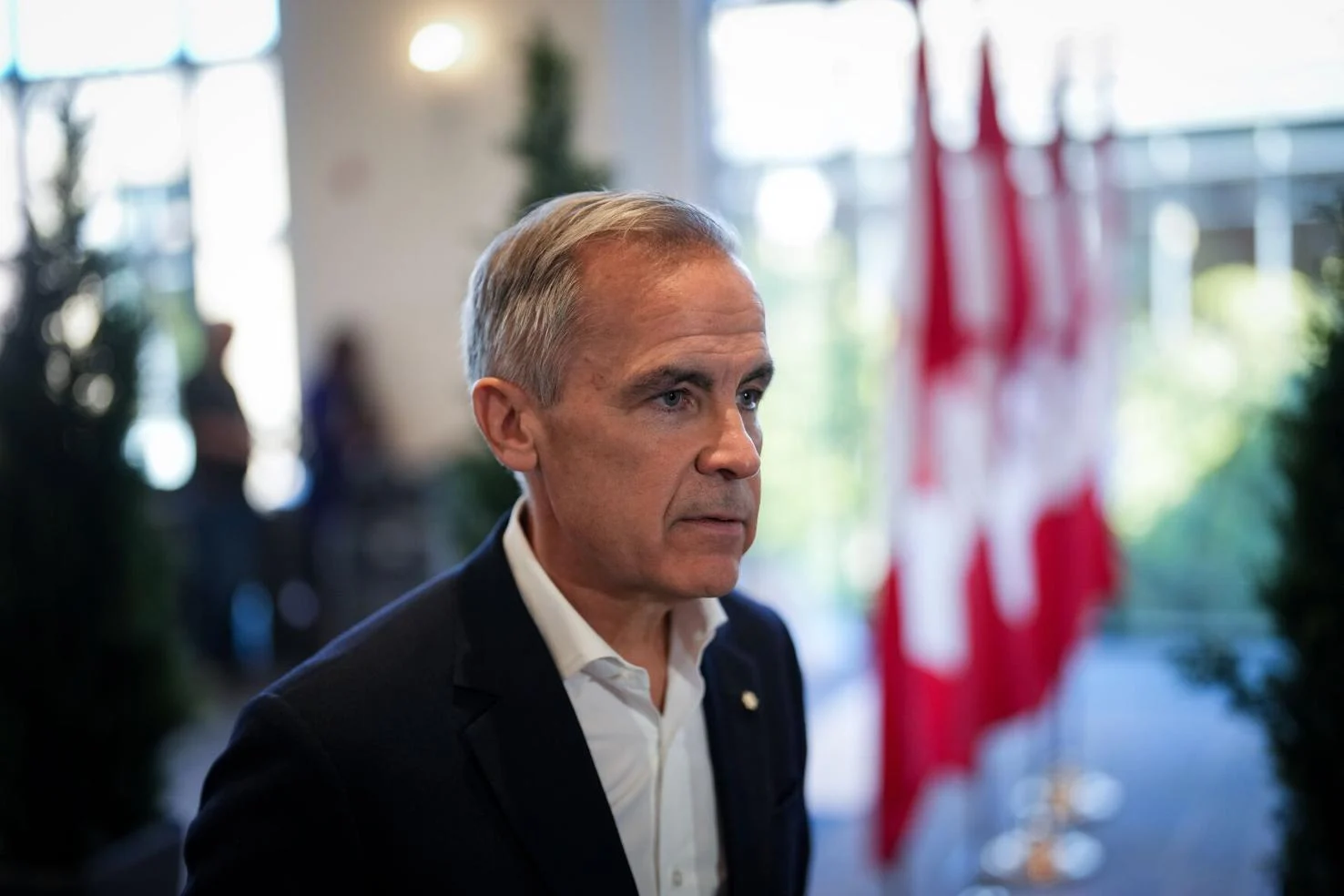21 October 2024, In a pivotal political development, Mark Carney-former Bank of Canada and Bank of England Governor-has announced his intention to enter elected politics. That revelation comes at the most critical juncture, with the Liberal Party of Canada getting primed for possible leadership changes driven by boiling speculation about Prime Minister Justin Trudeau’s political future.
Leadership Speculation Stirred by Carney’s Entry
Carney’s announcement has leavened the nascent discussion about the Liberal Party’s future, with many seeing him as the front-runner for a bid to lead the party by the end of the year. Given his background in global finance and climate policy, Carney’s foray into politics represents a new era for the Liberals, who have been readying for leadership changes as their poll numbers fall and public sentiment is put to the test.
While Carney has not openly declared a desire for the leadership, the fact that he has come into Liberal prominence at this juncture has fostered the speculation. Carney is on record for recent support for action on climate and economic reform, which positions him as an exciting presence among the party’s progressive base.
A New Face for the Liberal Party?
Carney has led central banks both in Canada and the UK and is widely respected as one of the outstandingly capable economists and public servants. His background on financial regulation, economic strategy, and climate advocacy has taken up several key Liberal priorities, which makes him a potentially transformative figure in Canadian politics.
According to political analysts, the entry of Carney could rejuvenate the Liberal Party, more so as the population slowly grows tired of the leadership of Trudeau. Once Trudeau has stepped down, the party will then need a fresh face to rebuild the party’s platform and tackle challenges such as inflation, affordability, and climate change.
Liberal Party at a Crossroads
Carney’s announcement comes at the early days of internal Liberal Party deliberations about who might succeed him. Though Trudeau has not publicly said he intends to step down, his party is putting new pressure on him for renewal. Various high-ranking Liberals, including Deputy Prime Minister Chrystia Freeland and Innovation Minister François-Philippe Champagne, are also said to be considering bids for leadership.
Whereas Carney’s entry into the political fray, dynamics could indeed radically change and alter the course of the Liberal Party, possibly setting the tone for the next election. Any bid by him would doubtless siphon off votes from those desirous of economic expertise and action on climate change, but it also introduced a whole new dynamic into the leadership race.
Challenges Ahead for Carney
Though Carney’s credentials are impressive, he faces a number of challenges. For starters, there will be an adjustment to elected politics from global finance. There is the potential for critics to say he has never actively participated in politics. His affiliation with financial institutions may also prove harmful to some voters, who may be concerned about issues related to inequality and corporate influence.
Carney and Next Steps for the Liberals
With the Liberal Party moving closer to a potentially divisive leadership contest, Carney would likely be more active among Liberal party members and other stakeholders. Not having declared his candidacy for party leader, he has already shifted the tenor of political argument in Canada.
If Carney does run for the Liberal leadership, it may be a contest rivaling anything seen in Canadian history. Indeed, his entry opens up possibilities and problems for a party intent on renewal in what is shaping up as an increasingly competitive political universe.
IMAGE SOURCE











